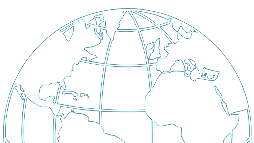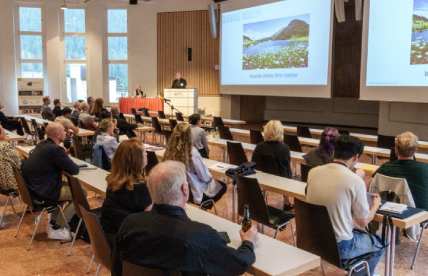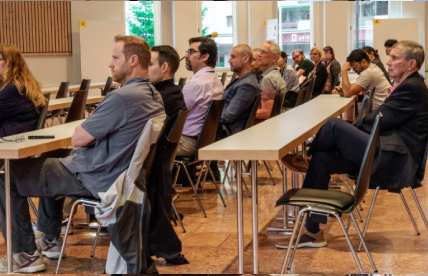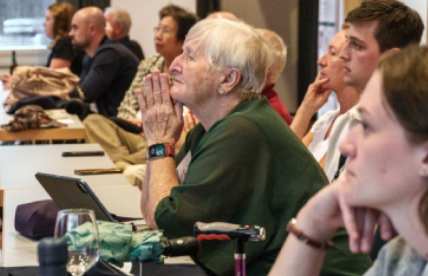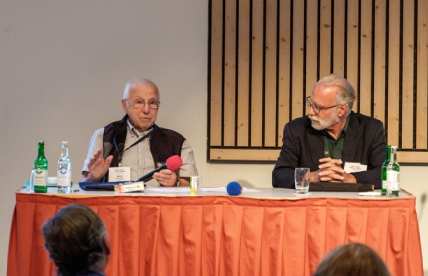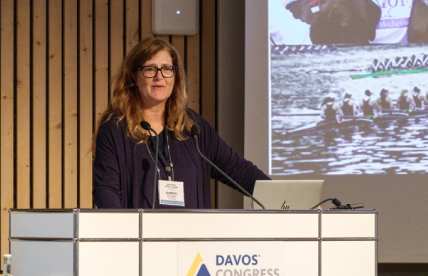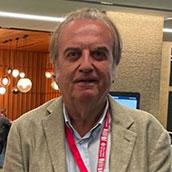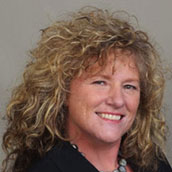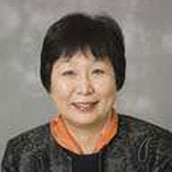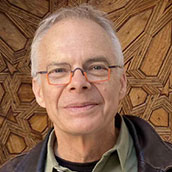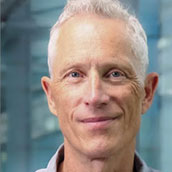
July 6-10, 2025
Davos, Switzerland
Poster Awards
First Place Winner
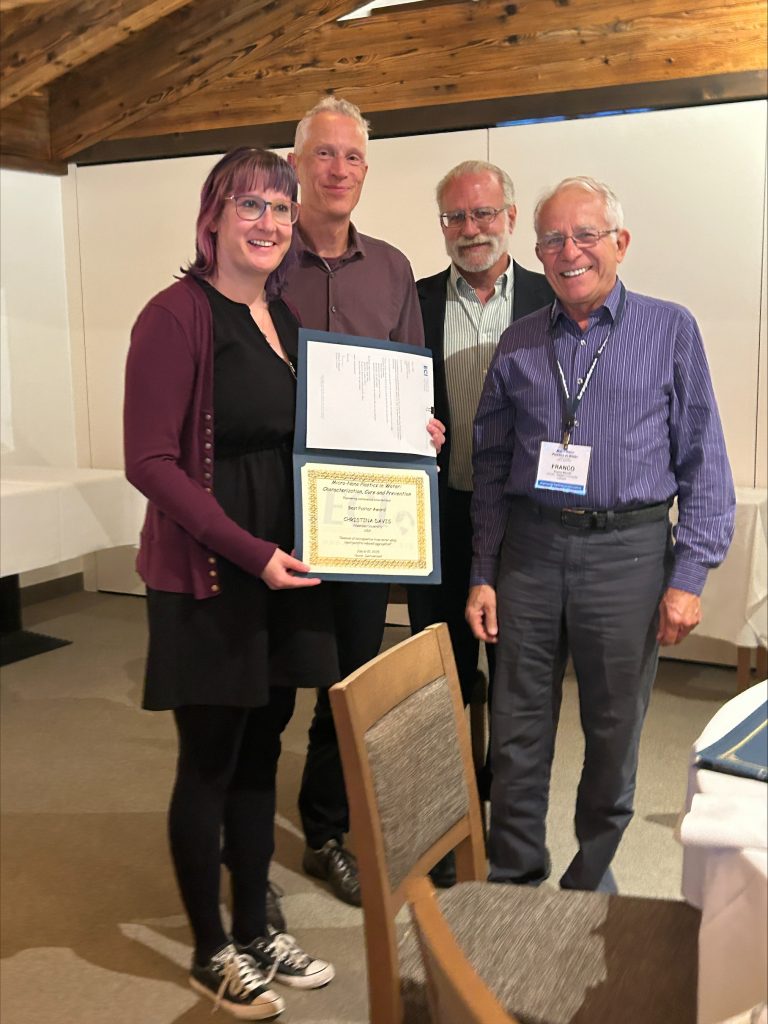
Christina Davis, Valparaiso University, USA
Poster Title: Removal of microplastics from water using liquid paraffin-induced aggregation
Second Place Winner
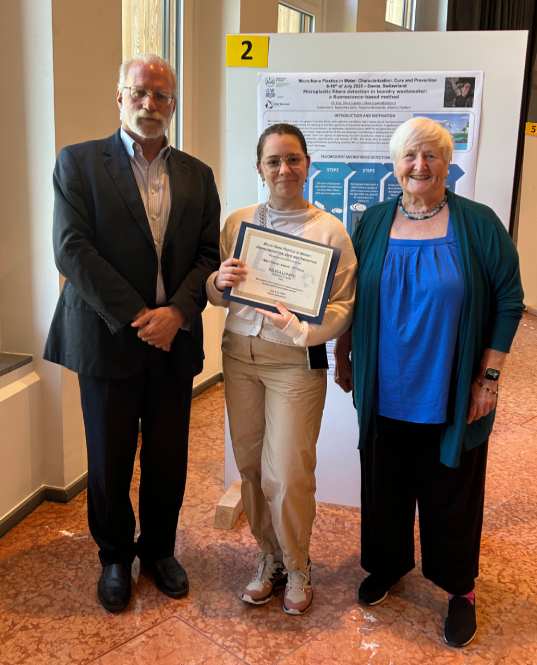
Silvia Lupato, Politecnico di Torino, Italy
Poster Title: Microplastic fibers detection in laundry wastewater: An areal quantification based method
Conference Chair and Co-Chairs
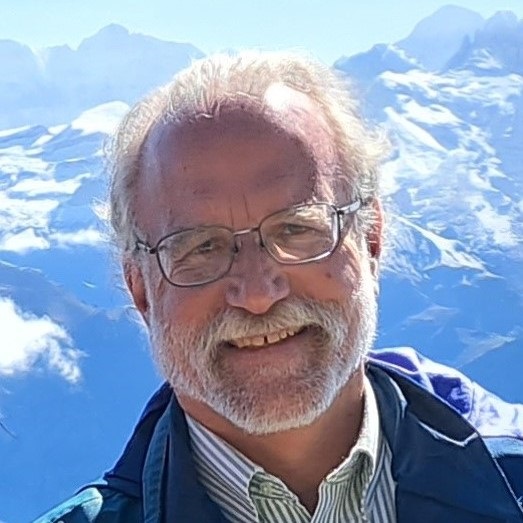
David Hunkeler, Aqua+Tech
David is the Director of AQUA+TECH Specialties in Switzerland. The company, in its 27th year, develops, produces and markets water treatment solutions to five continents. It was selected as the top environmental company in Europe and David was Switzerland’s entrepreneur of the year. David has written eleven books, including Water: Resource-Stewardship-Treatment, and this is the fourth ECI conference that he has organized. He also has created three charities which support over 170 people as well as biomedical research.
Co-Chairs

Nicholas Clesceri is a Professor Emeritus at Rensselaer Polytechnic Institute (RPI) in Civil and Environmental Engineering, where he has published in the Water field. During this tenure, he was the NSF Program Director for Environmental Engineering for a decade. He is also the Chairman of ECI's Conferences Committee.
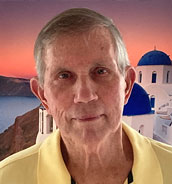
Albert Gray holds a PhD in Environmental Engineering from RPI and has been the president and CEO of the National Society of Professional Engineers and deputy executive director and COO of the Water Environment Federation.
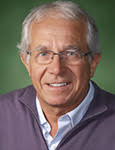
Franco Berruti is Professor of Chemical and Biochemical Engineering at Western University in Canada. Former Dean of Engineering at two universities, he leads research in the field of thermal treatment of PFA contaminated solids and adsorption of emerging pollutants.
Organizing Committee
About This Conference
Plastics are ubiquitous in all aspects of modern life, including food packaging, health care and household products. There has been a massive increase in plastics production over the past several decades and there has been serious attention paid to managing plastic wastes, particularly focused on recycling/reuse. However, as of the present time it has not been feasible, either technically or economically, to achieve a fully circular system. Those plastic materials that are not processed for reuse, known as end-of-life plastics, end up in landfills or in other waste processing systems (e.g., incineration) or advanced recycling (e.g., pyrolysis) or directly disposed of in the environment. Here, micro- and nano-plastic (MNP) may be generated through incomplete decomposition of the materials. These MNP enter the air, soil and water environments where plants, animals, and humans may be exposed. The widespread occurrence of plastic globally, including in the ocean environment, has caused concern in the scientific community. Recently, there have been reports of MNP being found in drinking water supplies of major cities, raising additional concerns over potential public health risks.
As an example of focus on MNP, the US National Science Foundation (NSF) has identified the need for fundamental research in the areas of characterizing and separating plastics and decomposing them into environmentally benign or useful molecules. Ideally, any transformations would be accomplished prior to plastic reaching the environment, e.g., possible technological advances in the design of water and wastewater treatment systems may offer some viable solutions. Notably, the plastics industry is devoting considerable resources to address this issue.
This ECI conference will present timely research and technological advancements in the area of MNP in the environment while considering impacts on the ecosystem and human health. University researchers, representatives from the plastics industry, and representatives of governmental and non-governmental institutions will present critical MNP information as will policy makers, funding agencies and financial institutes. Among the focus areas that will be addressed by keynote speakers and presenters are the following:
- History and evolution of the MNP problem
- Governmental and legislative initiatives
- Characterization of environmental and human health related MNP
- Analytical methods of MNP detection
- Scientific and technological advancements to cure the problem, e.g. source reduction, water/wastewater treatment, recycle
- Prevention, e.g., packaging changes, material substitutions
The full scope of the MNP issue will be addressed, that being; characterization of MNP, cures to mitigate environmental and human health impacts, and preventive strategies going forward. Achieving a circular economy for plastics is being analyzed and debated on the global stage, but it is evident that MNP are widespread in the environment and mitigation of potential risks is a public health priority.
Organizing Committee
Damia Barcelo, PhD, University of Almeria, Spain
Kati Bell, PhD, Brown & Caldwell, VP, Hazen and Sawyer
Nicholas Clesceri, PhD, Chair of ECi Conferences Committee, RPI (Emeritus), USA
Albert Gray, PhD, Chair, USA
David Hunkeler, PhD, AQUA+TECH, Switzerland
Natalia Ivleva, PhD, Technical University of Munich, Germany
Bernd Nowack, PhD, EMPA, Switzerland
Kilala Tilaar, PhD, CEO, Martha Tilaar Group, Indonesia
Linda Wang, PhD, Purdue University, USA
Mark Wiesner, PhD, Duke University, USA
Global Water Concerns Workshop (optional)
Sunday July 6, 2025
Welcome ECI participants
Session I: Emerging Economies and Financing
Pierre Esseiva, Moderator
08:30 – 09:00
Water in Kenya: Growth, Floods and Drought
Ambassador Fouzi Abbas, Kenya
09:00– 09:30
Guest Lecture: Today’s Sustainability, Tomorrow’s Regulation? Ellen Huang, Gates Corporation, USA
09:30 – 10:00
Guest Lecture: Navigating water challenges: What it means for a sustainable investor
Nathalie Chanteclair, Lombard Odier, Switzerland
10:00 – 10:30
Coffee Break
Session II: Water Treatment Workshop: Hands-on Training
Julien Arnold, Moderator
10:30 – 11:00
Sorbents for Water Treatment
Franco Berruti, University of Western Ontario, Canada
11:00 – 12:00
Hands-on Workshop for Water Treatment with Biomolecules
Aqua+Tech, Switzerland
12:00 – 13:30
Lunch
Session III: Key and Emerging Sectors
David Hunkeler, Moderator
13:30 – 14:00
Case Studies in Paper Treatment
Alberto Venica, Dust Control, Argentina
14:00 – 14:30
Encapsulation and Solutions for Agriculture
Ignacio Rintoul, Novartek, Argentina
14:30 – 14:45
PFAS
Josh Cullen, University of Western Ontario, Canada
14:45 - 15:30
Coffee Break and View Posters
Session IV: Cosmetics Workshop: Hands on Training
Yosua Marvelus, Moderator
15:30 – 15:45
e-Marketing, the Sales Pipeline and the Future of Cosmetics
David Hunkeler, Aqua+Tech, Switzerland
15:45 – 17:00
Cosmetics: Hands-on Workshop
17:00
Apéro
Video
World Water Day
March 22, 2024
General Information About ECI
Engineering Conferences International (ECI) is a not-for-profit, global engineering conferences program, originally established in 1962 that provides opportunities for the exploration of problems and issues of concern to engineers and scientists from many disciplines. Over 2000 interdisciplinary conferences have been held.
The format of the conference provides morning and late afternoon or evening sessions in which major presentations are made. Poster sessions will be scheduled for evening discussion as well. Available time is included during the afternoons for ad hoc meetings, informal discussions, and/or recreation. This format is designed to enhance rapport among participants and promote dialogue on the development of the meeting. We believe the conferences have been instrumental in generating ideas and disseminating information to a greater extent than is possible through more conventional forums.
All participants are expected both to attend the entire conference and to contribute actively to the discussions. The recording/photographing of lectures and presentations is forbidden. As ECI conferences take place in an informal atmosphere, casual clothing is the usual attire.
Smoking is prohibited at ECI conferences and conference functions.
